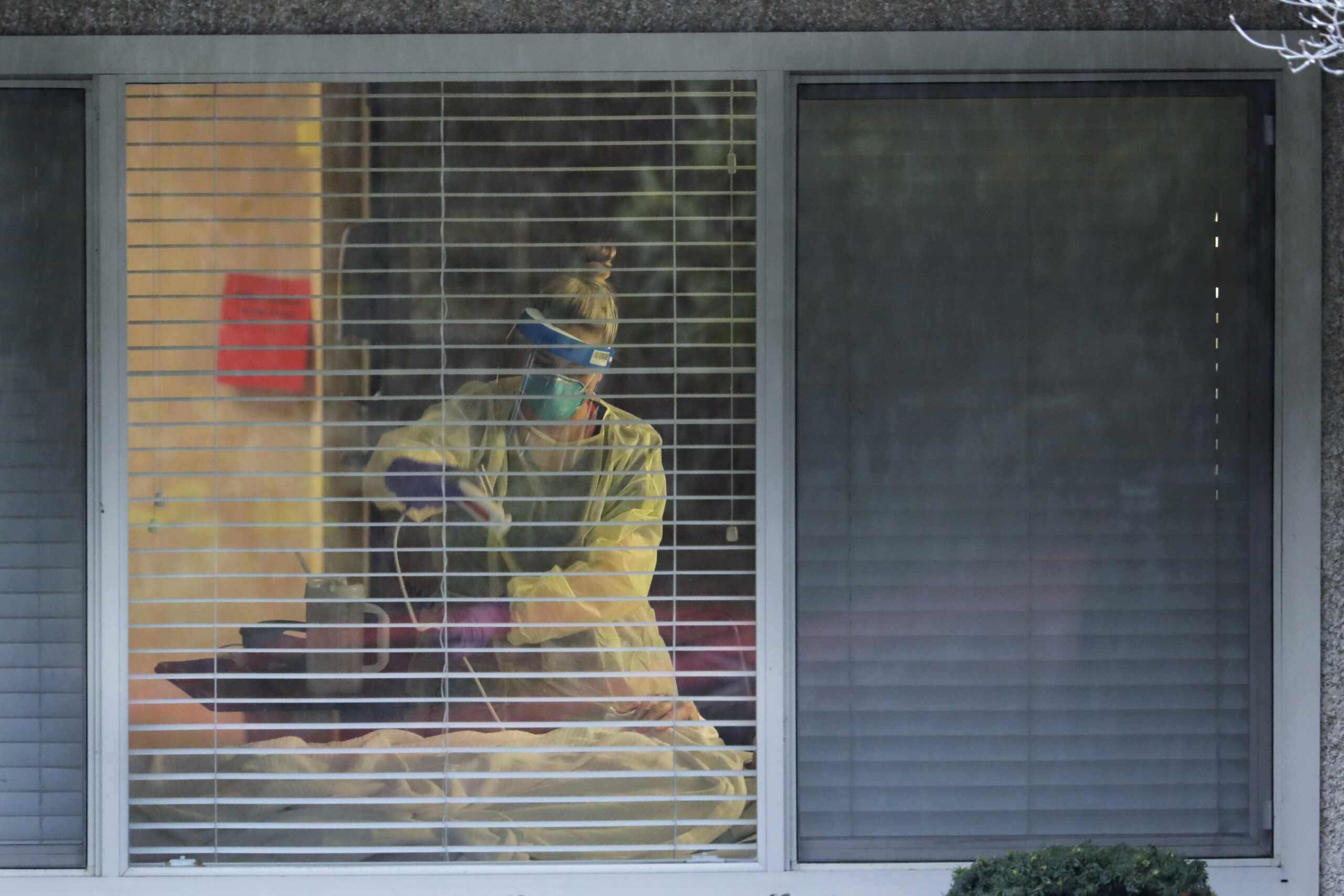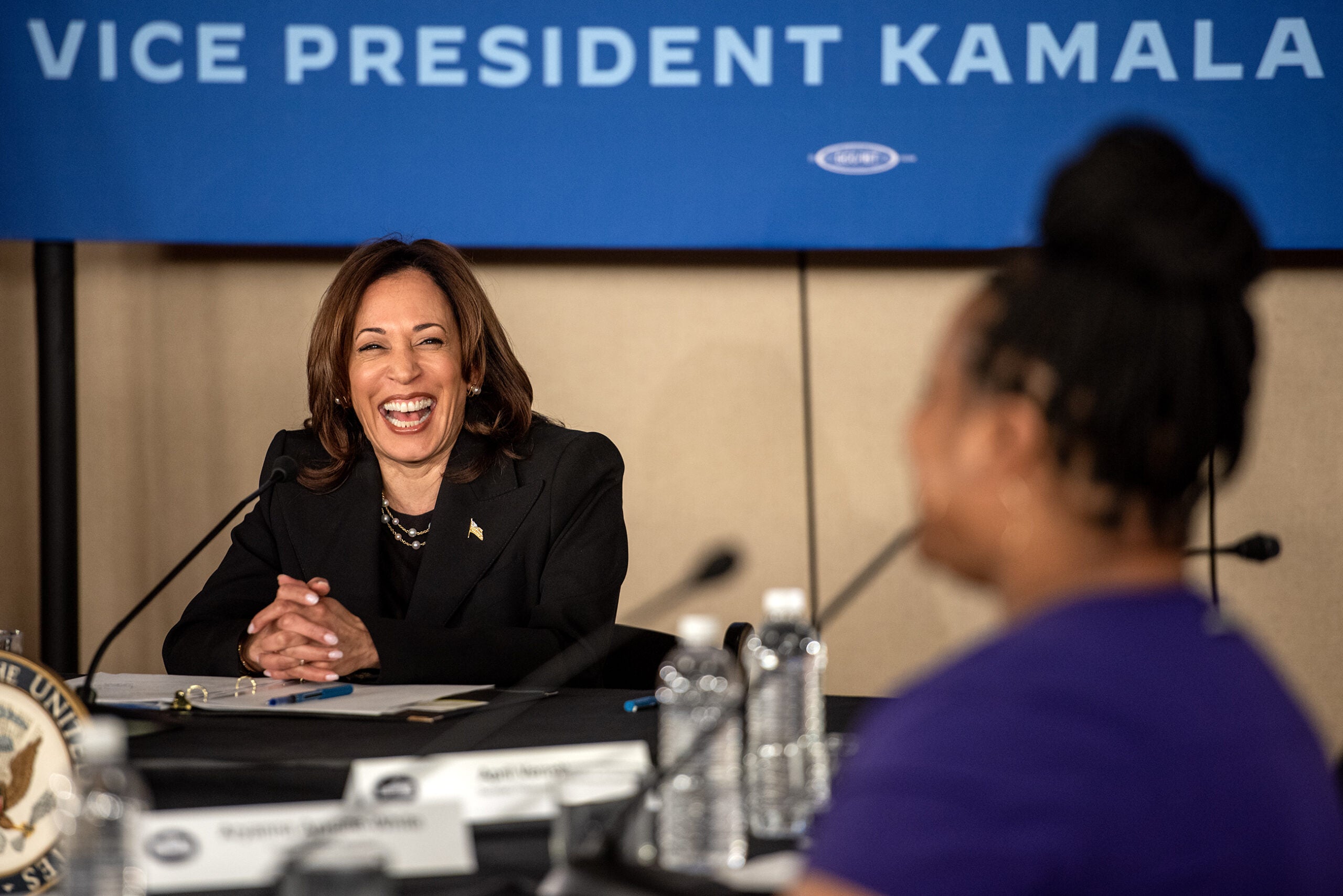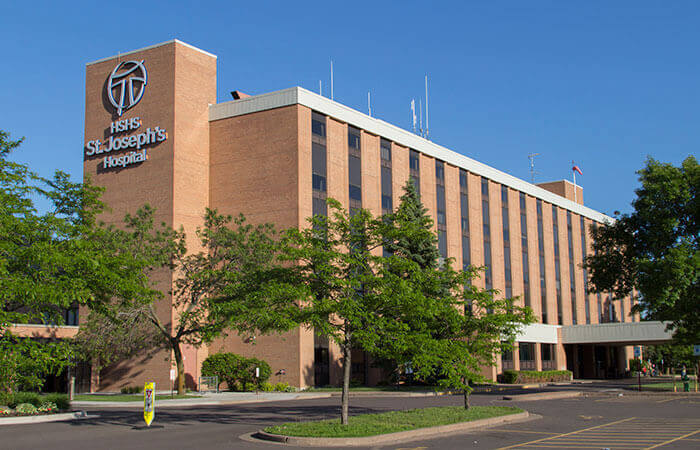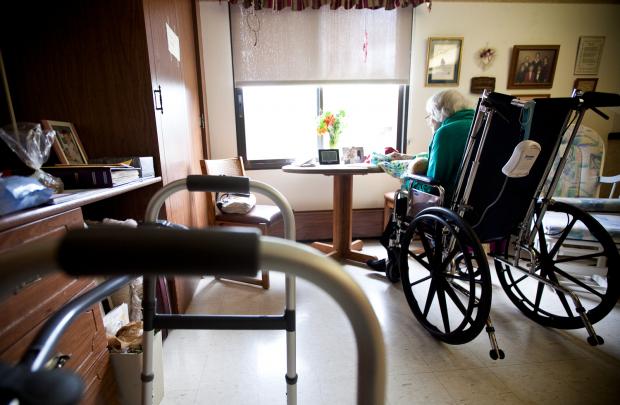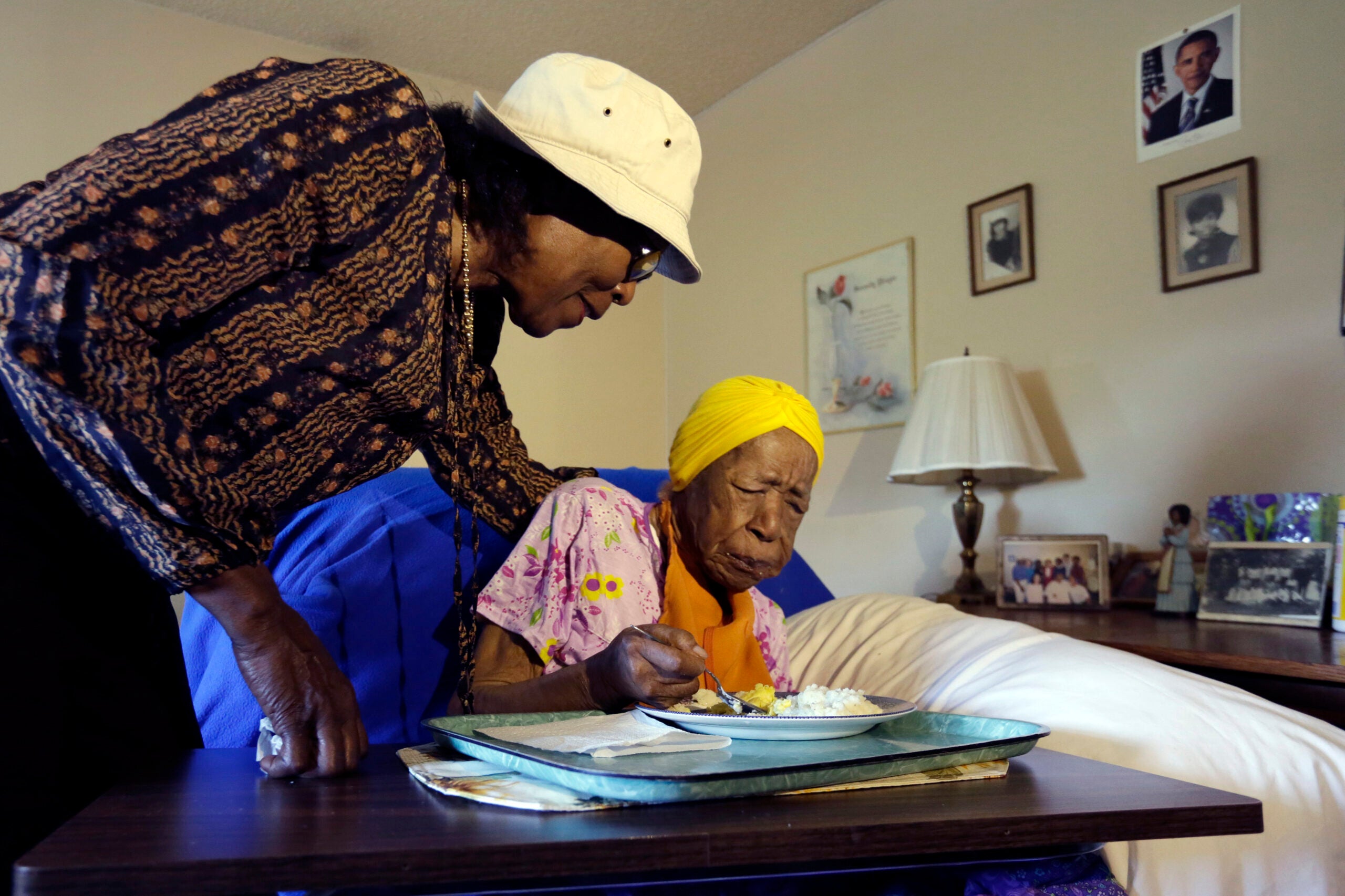The state Department of Health Services will pay nursing homes in Wisconsin $2,900 for every hospital inpatient they accept in an effort to free up hospital beds across the state, the department confirmed to Wisconsin Public Radio.
DHS announced the funding, which totals $30 million for the incentive program, in a press release Tuesday.
“This has been an incredibly challenging time,” Gov. Tony Evers said in the statement. “And we can’t express our appreciation enough for the staff at all our skilled nursing facilities. We are truly grateful for their efforts in showing up to work every day and caring for our loved ones, especially during the COVID-19 pandemic, and we will continue to support them in any way we can.”
Stay informed on the latest news
Sign up for WPR’s email newsletter.
The department said the payments are meant to incentivize skilled nursing facilities to admit patients who are ready to be discharged from the hospital, but who still need followup care. The funds would specifically be for increasing staffing levels at those facilities.
The funding comes as hospitals across the state are at or near full capacity, including many hospitals in rural areas.
Eric Borgerding, president and CEO of the Wisconsin Hospital Association, said that’s in part because of a log jam that’s developed for patients who are ready to leave the hospital but need additional care at a place like nursing home and are unable to be admitted to one.
“We have hundreds of patients in Wisconsin that are ready to be discharged back to their skilled nursing facility or their long-term care facility, and for various reasons, the facility can’t or won’t accept them,” Borgerding said. “That is causing a pretty serious jam-up in hospital capacity right now as well.”
Rick Abrams, president and CEO of the Wisconsin Health Care Association and the Wisconsin Center for Assisted Living which represent skilled nursing facilities in Wisconsin, applauded the funding announcement.
“It’s tremendously needed,” Abrams said. “Even before the COVID crisis, nursing facilities, indeed all facility-based long-term care, were chronically understaffed and the pandemic has really exacerbated that understaffing.”
Abrams said he believes the funding will alleviate some of the demand on Wisconsin’s hospitals.
“What we expect is that facilities will now be able to admit more patients who are ready for discharge from hospitals safely — and I underscore the word safely — so that we can release the pressure that our hospital partners are experiencing,” Abrams said.
Borgerding agreed the funding is a positive step, but added “it remains to be seen if that’s going to be an effective strategy.”
“We surely hope it will be, but we should be looking at other things at the same time and concurrently,” Borgerding said.
The incentive program will run through Dec. 30 or until funding for the program runs out.
Elizabeth Goodsitt, a spokesperson for DHS, said payments under the program will be backdated to cover patients accepted into facilities in the last two weeks of October, and will be sent out to facilities within the next week.
Another $50 million will be used to fully fund the CARES Act Provider Payment, which helps offset COVID-19 related financial losses and expenses for skilled nursing facilities.
The funding for both programs comes from the federal CARES Act stimulus package, according to DHS.
Wisconsin Public Radio, © Copyright 2024, Board of Regents of the University of Wisconsin System and Wisconsin Educational Communications Board.

